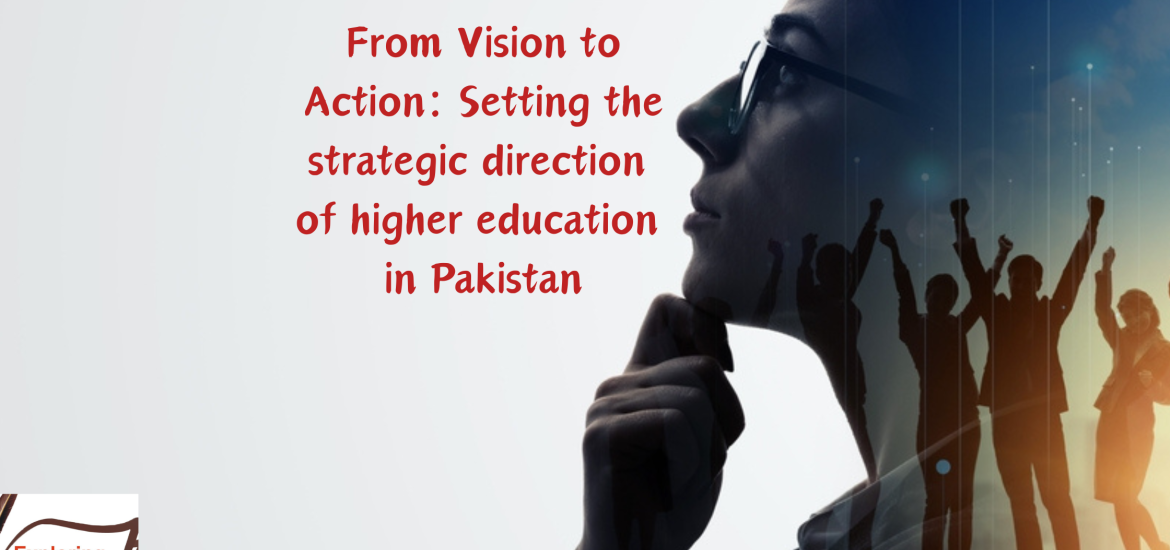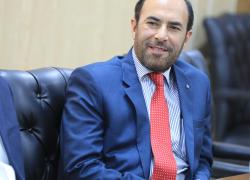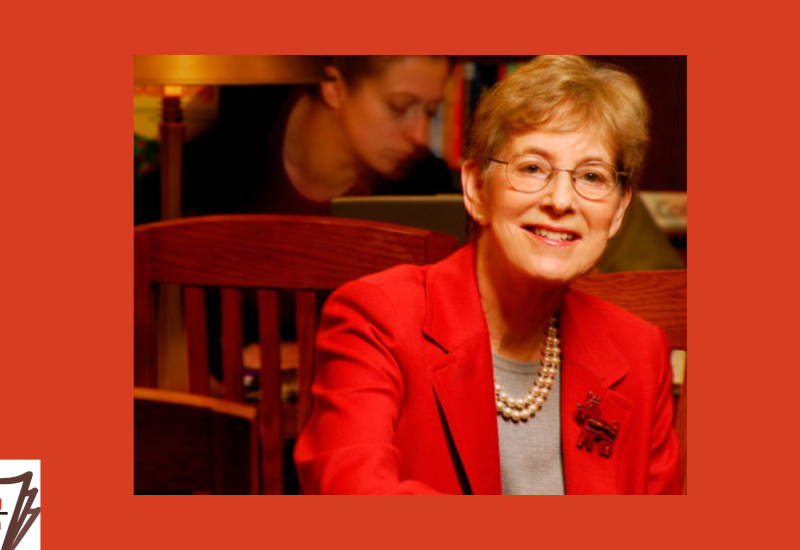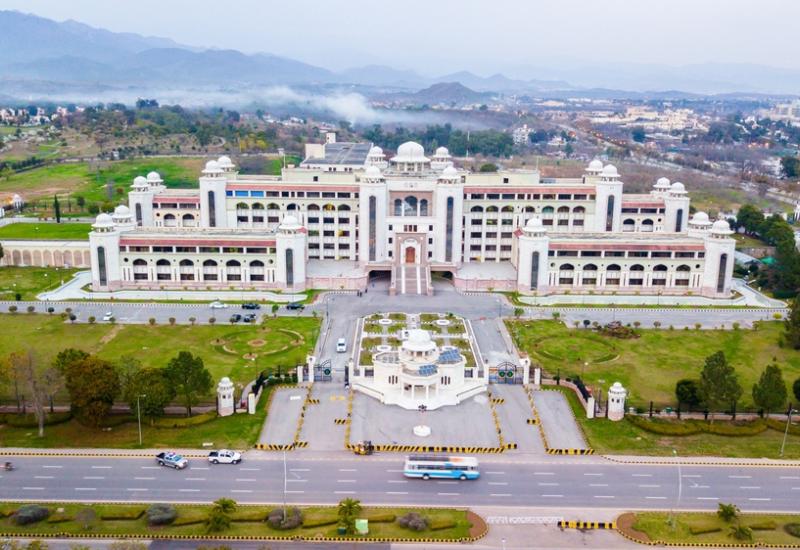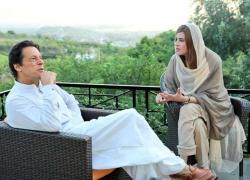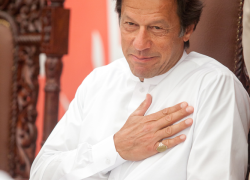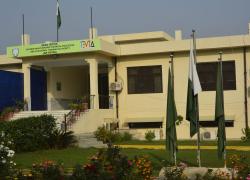From Vision to Action: Setting the strategic direction of higher education in Pakistan
Off late, a new debate has been triggered in the academic community at the national level in the country. This discourse is all about BS versus PhD programs. Some consider this as a debate about graduate-level education versus postgraduate level programs. To me this discussion is more about teaching vs. research universities.
While. Henry J. Eyring an American academic administrator and a renowned author is of the view, “Change is coming. The human tendency is to resist change, but in higher education, that resistance is based on a faith in a tradition that has been powerfully effective – and will continue to be for some purposes. But times have changed, and we do see the need for change. We’ve tried to frame the debate in a productive way, where we are asking, first, what needs to change and what are the very powerful elements of the system that we shouldn’t let go of.”
Introduction
While examining this discourse from the standpoint of the theoretical framework of Eyring, a deeper and a richer insight into the instant issue is generated. The three important points worth consideration are. 1) Change is inevitable. 2) Thoughtfully consider what needs to change 3). The positives must remain intact.
Putting the new debate in perspective.
To begin with, Dr. Tariq Banuri, the incumbent HEC chairman, a Harvard graduate recently outlined his vision of concentrating the bulk of HEC’s resources into broadening and strengthening the undergraduate level teaching programs across the country. He envisaged that every eligible student should be able to obtain a four-year BS degree irrespective of his/her family background, level of income or region. Crucially, this should be sufficiently expedient, an end in itself and thus be regarded as a terminal degree rather than being just the first step, up the PhD ladder.
Nevertheless, Dr. Atta-ur-Rehman, the former HEC chairman argued that if this scheme of things was put into action, would turn the universities in the country into low-level community colleges focusing largely on undergraduate teaching rather than research, innovation and commercialization. He expressed his serious concerns that with those initiatives Pakistan would not be able to become a leading country in science, technology and innovation. He, therefore, suggested that the new team at HEC must strengthen the quality of undergraduate education but not at the cost of postgraduate level education and research.
Regarded as Banuri vs Rehman rift, here, the two radically different schools of thoughts, are locked in confrontation with respect to the future direction of higher education in the country. Banuri’s views are considered to be strongly influenced by his US academic background wherein a strong Bachelor’s level education is cardinal. Whereas, Dr. Rehman having a doctorate from Cambridge argues that it is the higher education that sets the direction of any country towards a knowledge economy.
1). Change is inevitable.
Divergent opinions and conflicting analysis are coming out in favour and against each school of thought. The people who matters the most are at a crossroad with regard to the future of higher education in the country and hence a strong disagreement prevails among the thought leaders at the strategic level which model to adopt.
Similar intellectual debates are mundane in academia in the advanced systems of higher education. Many positives can be derived from the moot. One, an academic discourse has been started off for the first time in the history of the country. The tendency to resist the change is irrefutably strong. However, in the higher education sector, this defiance is justifiably grounded in the ivory tower of sturdy institutional boundaries, norms and values; in force and will remain so for some time, but change is imminent. Hence, one should not get overawed by the momentum of change, provided that it is in the right direction.
2) What needs to change?
The despicable part of the discourse is that the academia is still in the middle of an impending mess. We are still in a fix, how to fix strategic direction of higher education even after the lapse of 70 years. Some components of the higher education system are moving in one direction, the rest, paradoxically, in other. The introduction of BS (four years) program and now running over of the associate degree is one of the recent examples.
The important point, this debate can bring home is that the renewed focus on graduate level teaching is a noble idea but it should not be at the cost of post-graduate-level education. As we are told, some key projects in HEC have been rolled back, halted halfway or severely curtailed. These include: (a) Start-up Research Grants for fresh PhDs; (b) Grants for repair and maintenance of scientific equipment; (c) Free Access to Scientific Instrumentation; (d) Travel grants for faculty and scholars; (e) Grants for organizing seminars, conferences and training workshops and (e) Faculty development/foreign PhD scholarships scheme.
These were some of the flagship programs of the HEC. It will be little unwise to roll back all of these, in one go, without proper assessment and review.
3). The positives must remain intact.
If sanity is allowed to prevail, it will let the ball rolling and allow to continue with what the ground has been covered so for. It is great to see someone taking interest in the graduate-level education. Let’s wait, someone take up the higher secondary and primary education at some stage. A more holistic approach might have been more prudent. My only concern is that if tomorrow someone starts rolling back the reform initiatives of Dr. Bunari, then, at the end of the day, I assume, we will be standing nowhere.

